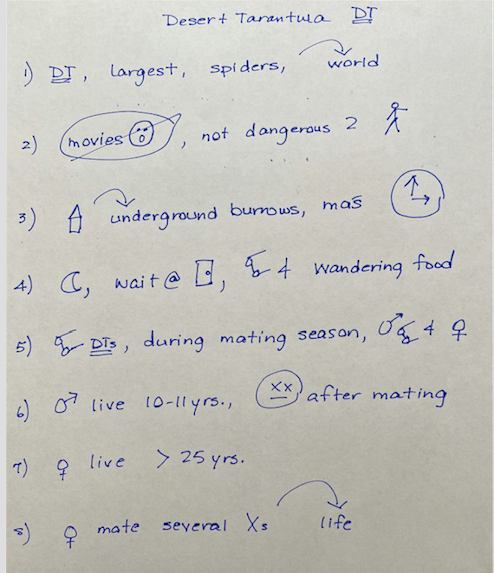The www.asia clause is a stylistic technique that is a dependent clause. It is similar to the because clause. It can be a BUILDING BLOCK* (inside the sentence) or an OPENER (5).
The "asia words" are: when, while, where, as, since, if, and although.
You may be wondering why it is called a www.asia clause. It is easy for students to remember, www.asia because it is an acronym.
The acronym sounds like a website’s name. Each letter corresponds to a subordinating conjunction: when, while, where, as, since, if, and although.
While these are not the only first words of subordinate clauses, www.asia lists some of the most commonly used ones.
---------------------------------------------------------------------------------------------
NOTE: When the www.asia clause is added to the end of a complete sentence there are no commas needed:
Mrs. Johnson’s brindle puppy loves to play where the meadow grass is soft.
There are no commas needed before the clause: where the meadow grass is soft.
---------------------------------------------------------------------------------------------
* IEW calls these Dress-ups


